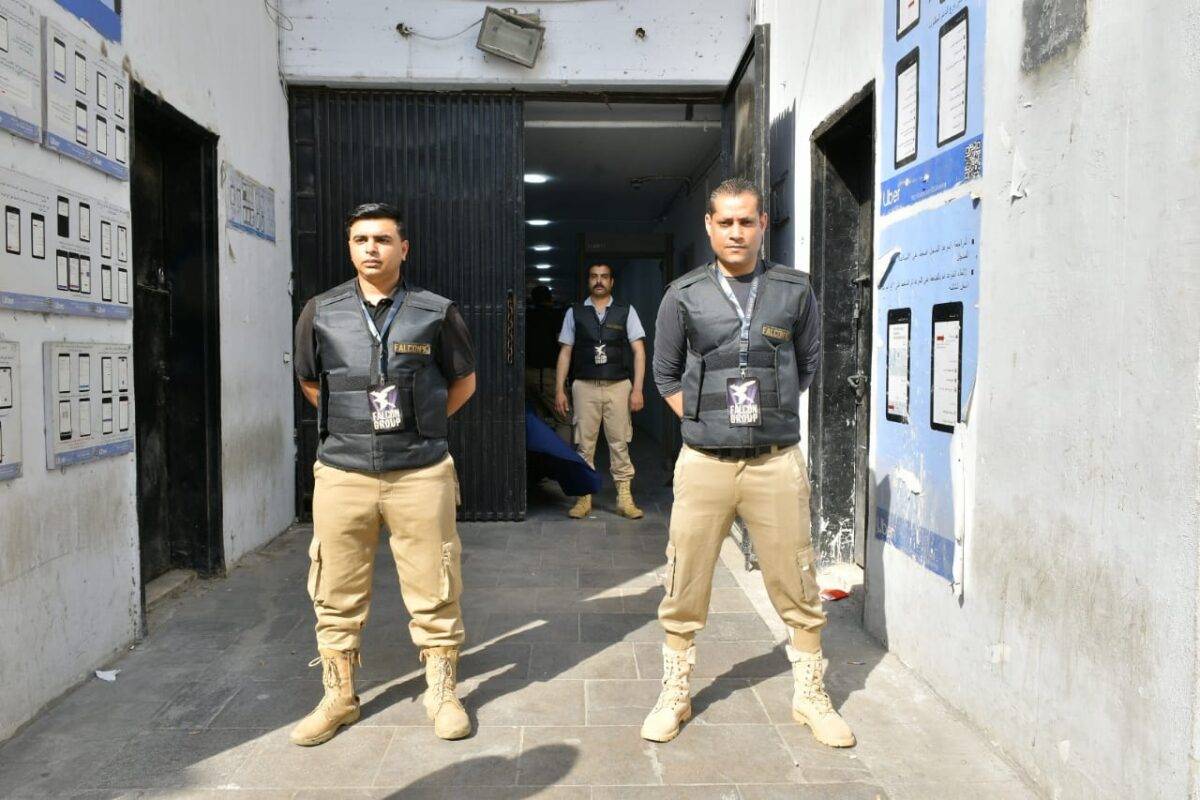In Cambodia’s capital of Phnom Penh, 62-year-old produce seller Sok Ul is sanguine, despite the threat that a Belt and Road project could uproot him from his neighborhood. Construction will soon begin on a $60 million bridge that spans two of the city’s bustling southern sections along the Tonle Sap river, and Sok Ul’s modest vegetable farm may need to go.
“I am happy to see a bridge to ease traffic congestion,” he said, speaking with VOA’s Khmer Service from his roadside stall, where he sells cabbages and other produce. If he’s forced to move, he just wants a fair deal for his land.
The debt debate
The bridge is among dozens of projects across the country being funded by China as loans under Beijing’s Belt and Road Initiative, or BRI.
Prime Minister Hun Manet is leading a Cambodian delegation to join representatives from more than 150 countries in Beijing for a two-day forum to mark 10 years of China’s BRI on October 17 and 18.
The initiative has invested billions of dollars globally, with many low-income Asian countries such as Cambodia seeing an outsized windfall, but BRI projects also account for a healthy chunk of Phnom Penh’s foreign debt.
The initiative is the central component of Chinese President Xi Jinping’s economic diplomacy as the communist party seeks to make China a global counterweight to the United States.
The U.S., locked in a global rivalry with China, has warned countries against taking on large debts under China’s BRI infrastructure strategy. Some critics warn about a debt trap where China would gain economic and political leverage by lending more than what a country can pay.
“The big risk arising from Cambodia’s engagement in the BRI is overreliance on Chinese investments and loans which might potentially induce Cambodia to fall into a debt trap,” say political scientists Vannarith Chheang and Heng Pheakdey in their 2021 paper “Cambodian Perspective on the Belt and Road Initiative.”
That, they warn, could result in “the loss of trust and autonomy as a sovereign state and the deterioration of its relations with other ASEAN member states.”
However, Jayant Menon, a former lead Asia Development Bank economist now at Singapore’s ISEAS – Yusof Ishak Institute, came to a different conclusion in his March paper, “The Belt and Road Initiative in Cambodia: Costs and Benefits, Real and Perceived.”
“In the case of Cambodia, concerns over possible debt traps and debt diplomacy associated with the BRI appear to be misplaced, even after factoring in the effects of the pandemic,” he wrote.
While recognizing the short-term damage to local communities and the environment, Menon said the costs of BRI projects were more than justified.
“This infrastructure development has increased the competitiveness of the tradable goods sector, boosted exports and lowered prices to consumers and producers in Cambodia,” he wrote.
Hun Manet has also been optimistic about Chinese investments since taking the reins from his father in August.
“For Cambodia, BRI has provided many benefits to people, especially in the field of transportation and logistics,” he said while addressing the 26th ASEAN-China Summit in Jakarta, Indonesia in September.
Heated debate
BRI benefits and pitfalls have sparked heated debates in many BRI member countries.
“I acknowledge that China has helped build a lot of roads, but the quality is still limited,” Em Sovannara, a political science professor in Phnom Penh, told VOA Khmer. “Some roads are just built and then broken and need to be repaired.”
The BRI “has provided benefits to Cambodia, but it is not like what politicians brag about,” he said.
The Phnom Penh-based Future Forum estimates as of June 2021, China had built eight bridges and 3,287 kilometers (2,042 miles) of roads totaling more than $3 billion in Chinese concessional loans, which are loans with more favorable terms such as lower interest rates when compared to those available on the market.
Cambodia’s total foreign debt stands at almost $10 billion, 41% of which is owed to China, according to a bulletin from Cambodia’s Ministry of Economy and Finance in December.
China’s loans and investments have transformed the Cambodia skyline, with a major expressway from Phnom Penh to Sihanoukville, a sprawling special economic zone in Sihanoukville with an energy plant to power it, a new airport in Siem Reap and dozens of smaller projects.
The projects have benefited the ruling Cambodian People’s Party, offering tangible proof that it is modernizing the country, Vannarith Chheang and Heng Pheakdey wrote.
“The BRI helps strengthen the material capabilities as well as the legitimacy of the regime in Cambodia, which has greatly benefited from the influx of Chinese investment capital and development assistance,” they wrote.
However, the Cambodian academics noted the economic benefits don’t always reach the population these projects are built for.
“Even though Chinese investment is bringing wealth to Cambodia, this wealth is mainly kept within Cambodia’s Chinese community. Chinese residents and visitors in Cambodia buy from Chinese businesses, eat at Chinese restaurants and stay in Chinese hotels. The trickle-down effect to local businesses is minimal,” they wrote.
People vs elites
Sihanoukville has become a symbol of the risks and rewards of Chinese investment. While development and construction have skyrocketed, crime and casinos are also on the rise. The rapid development has also pushed up property costs, forcing many residents and business owners to move outside the city.
“The BRI needs to take into account the ‘people’ rather than solely focusing on ‘elites’ if it is meant to achieve a meaningful impact in Cambodia,” Chhay Lim, a visiting fellow at the Center for Southeast Asian Studies at the Royal University of Phnom Penh, wrote in an email to VOA Khmer.
He said the expected return on Chinese investment has been clear.
“We have observed that Cambodia has been offering support for key Chinese foreign agendas as well as the newly proposed narratives and slogan politics, including those of the Community of Shared Future, Global Security Initiative, Global Development Initiative, and Global Civilizational Initiative.”
Hun Manet visited Beijing last month to strengthen ties with China, picking up where his father Hun Sen left off. Hun Manet said Cambodia’s new government will maintain an “unchanged stance” on Beijing’s “One China” policy, and a “noninterference policy” toward China.
China’s leaders affirmed continued support for economic development and the improvement of people’s livelihoods in Cambodia through projects such as rural roads, bridges, water supplies, schools and hospitals, according to a joint statement out of the meeting.
China and the future
Menon said there was also evidence that China was becoming more mindful of the social and environmental impact of its projects, perhaps to correct for local pushback over the past decade.
Menon and Chhay Lim agreed Hun Manet’s government would be well advised to ensure that it does not become overly reliant on China in the years ahead.
“The increasing reliance on a single country for both its economic and noneconomic needs carry obvious risks,” Menon wrote. “As the China growth juggernaut starts to slow, diversifying trade and investment partners can spread risk by reducing vulnerability to country-specific shocks.”
That may not be an easy feat, given Phnom Penh’s strained relations with the West over its democratic backslide in recent years, said Chhay Lim.
“It’s significant to note that Cambodia must ensure diversification and avoid sole reliance on China while simultaneously enhancing relations with the West without antagonizing China,” he said. “To achieve this balance, Cambodia must formulate both a robust China strategy and a Western strategy, which, in my opinion, Cambodia has not yet fully developed.”
Sok Ul, the vegetable farmer in Phnom Penh, is confident that China will not pressure Cambodia to repay its debt.
“We can pay it back when we have it,” he said, adding his belief that Beijing will forgive Phnom Penh if his country cannot pay on time.






